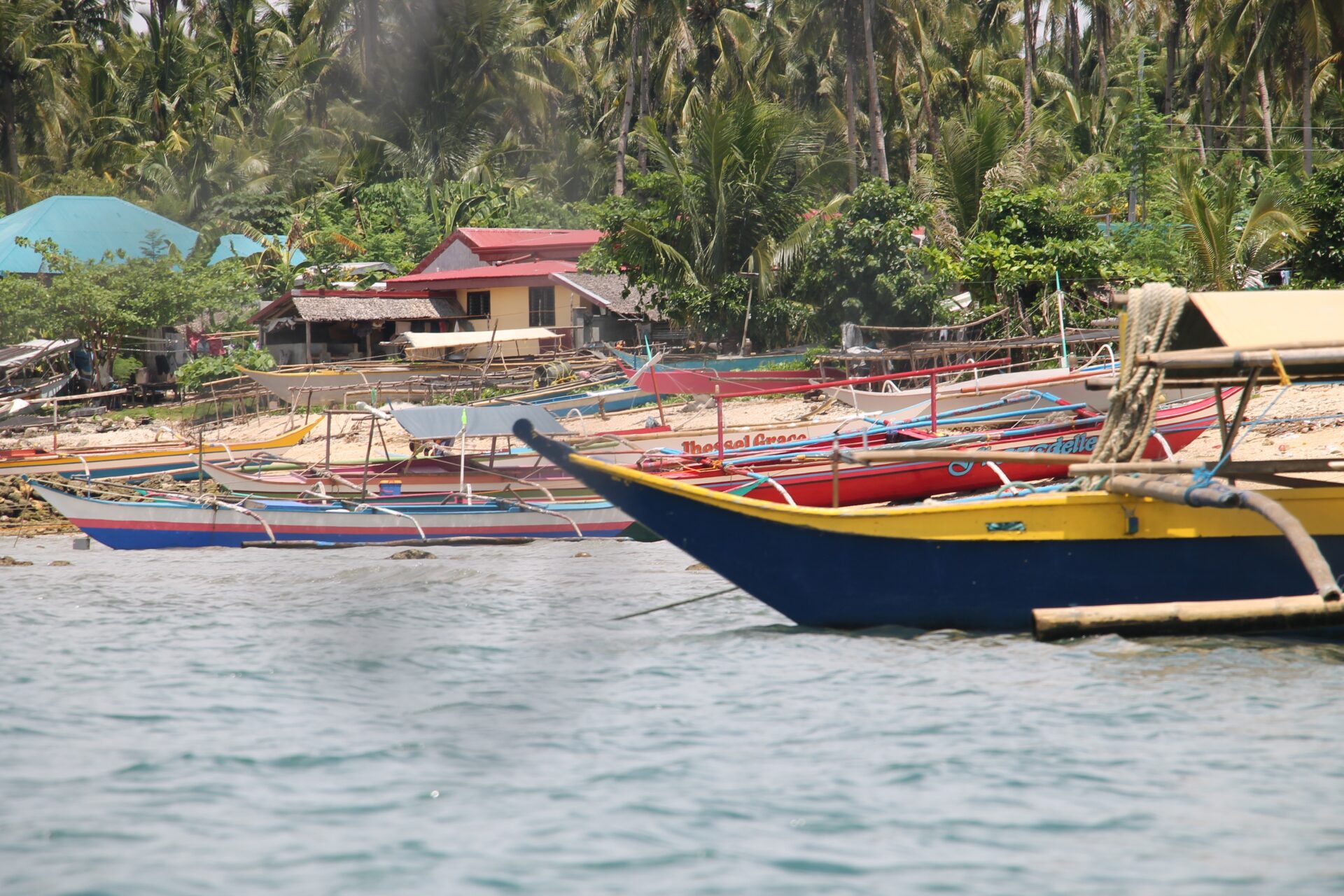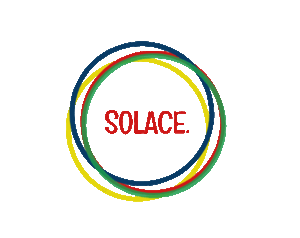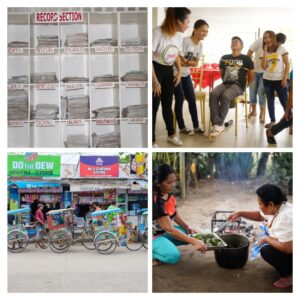The interdisciplinary global health research partnership SOLACE, Stories of Public Health through Local Art-based Community Engagement, is led by KMMS Professor Lisa Dikomitis, in collaboration with researchers at the Institute for Global Health at Keele University, Ateneo de Manila University in the Philippines and theatre makers at the New Vic Borderlines (UK).
The SOLACE team works towards the UN Sustainable Development Goals, specifically addressing health and well-being in the Philippines. Around 25% of people live below the poverty line in the Philippines, and the weak infrastructure makes access to healthcare a big challenge. Only 10% of the country’s clinicians work in rural areas – where more than half of the population live – and the shortage of primary care doctors is one of the most urgent challenges for public health in the country.
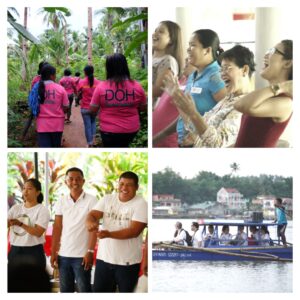
SOLACE brings together researchers from different disciplines including medicine, social sciences, arts and humanities who collaborate on improving primary health care to the government, community organisations and the people living in rural and remote areas. SOLACE is funded jointly by the Arts and Humanities Research Council and the Medical Research Council under the Global Challenges Research Fund.
Professor Lisa Dikomitis, Principal Investigator of SOLACE, said:
The SOLACE partnership was launched in January 2018 at Ateneo de Manila University, and worked in the Province of Northern Samar, where more than 600,000 inhabitants have only about 65 doctors between them. We have unearthed the stories and experiences of health and health care from the locals who live in this area, and exploring how can we improve and provide efficient healthcare in areas that are difficult to reach. We are also looking at how we can attract and retain health professionals in areas that are remote and underserved. I am excited to lead a really diverse team with researchers from different academic backgrounds because we all view the world through different (disciplinary) eyes – clinicians are trained to focus on the body and illness; anthropologists will look at how people in the barangay (villages) live and artists will look at creative solutions and see how to improve their lives in different ways. I think it is important to bring all these people together to look at the same problem and each think of different solutions.
SOLACE is underpinned by robust public and community engagement around health and illness in the Philippines. We conducted cultural animation workshops in 6 SOLACE barangays in the province of Northern Samar, which determinged frout themes we examined during long-term ethnographic fieldwork.
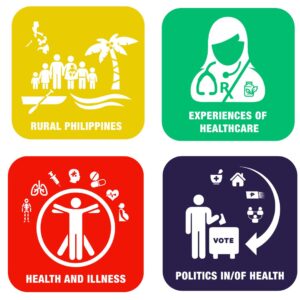
The SOLACE team created a dance performance, using the voices of community members, their writings printed on tables, movements observed during fieldwork and folk music.
The SOLACE team has presented its findings to health policy makers, including to the local and national government in the Philippines and at the UK Houses of Parliament.
- The SOLACE website includes podcasts, photo essays, lectures, exhibitions and work by the SOLACE student ambassadors
- Case study: SOLACE on the AHRC Global Public Health webpage
- Information about SOLACE on the UKRI database can be found at UKRI
For more information about SOLACE, please contact Professor Lisa Dikomitis
